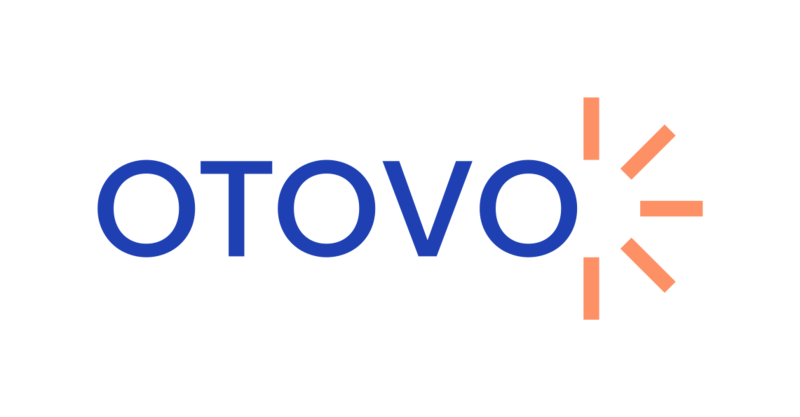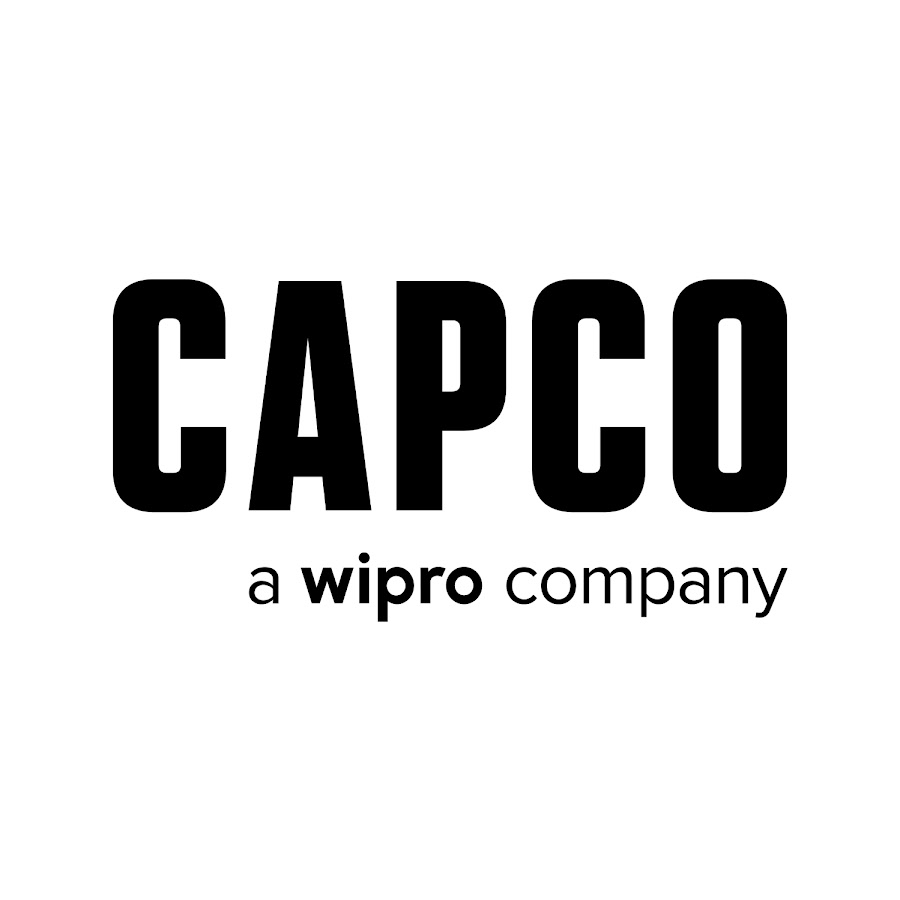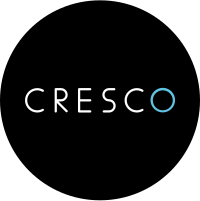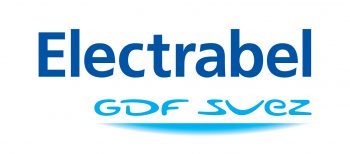When talking to C-level, we tend to get the same batch of questions about reputation. A non-exhaustive list would include:
- “What’s the impact of reputation on our business?” (or: “What does reputation do for our sales and revenue?”)
- “What is reputation?”
- “Reputation sounds like a nice to have – why should I care about reputation? (What’s in it for us?)”
- “How can we be sure that communication will improve our reputation?”
- “How can we reliably measure the impact of communication efforts?”
In short, there are sometimes doubts that reputation is really a thing.
However, communication scientists have convincingly answered all these questions. So we thought we could help with this 20-minute executive summary about reputation: what its benefits are to business, what it is exactly and how to measure it, and how to use it as a strategic tool.
Reputation = money
Let’s start with the most pressing questions. Can you prove that a better reputation is good for our business? In a word: yes.
Reputation has an impact on sales:
- Consumers don’t always know exactly how good your product or service is. Instead of doing homework, they just rely on your reputation. Consumers can and will rely on (reputation) as the basis for inferences for missing product attributes (Brown T. & Dacin P, The company and the product: corporate associations and consumer product responses, Journal of Marketing, vol 61, no 1 (Jan., 1997), pp 68-84)
- When your reputation is bad, consumers will think your products are bad: “Negative CSR associations ultimately can have a detrimental effect on overall product evaluations” (Brown & Dacin, 1997)
- Customers will buy more easily from firms with a good reputation. A good reputation “enhances sales force effectiveness [and] new product introductions”, (Roberts & Dowling, 2002)
- A solid reputation makes people believe “especially extreme” advertising claims more easily. (Roberts & Dowling, 2002)
Companies with a better reputation get better payment conditions (longer trade credit) from suppliers
- Their positive reputation allows them “to enforce a longer period of trade credit” (Van den Bogaerd, M. & Aerts, W. (2015) Does media reputation affect properties of accounts payable?, European Management Journal 33(1), 19-29)
Reputation helps you hire top talent at competitive wages:
- See Glassdoor: Apple is known for paying low wages, expecting long hours and extremely high productivity in return
It should not come as a surprise when reading this to discover that firms with better reputations perform better financially. There is overwhelming academic evidence for this.
- “Firms with better corporate reputations are better able to sustain superior financial performance outcomes over time.” (Roberts, W. P., & Dowling, G. R. (2002) Corporate reputation and sustained superior financial performance. Strategic Management Journal 23(12), 1077–1093.)
Reputation is a competitive advantage
A good reputation is very hard to copy, because for competitors it’s very hard to determine what your secret ingredients are. That makes reputation a competitive advantage.
- “Because reputations are complex, and the main drivers of reputation creation are embedded inside the firm, they are likely to be associated with a high degree of causal ambiguity, which reduces the extent to which competitors may imitate them” (Roberts & Dowling, 2002)
Reputation is not a vague concept
While there are always discussions about how exactly a reputation is formed in the minds of stakeholders, most experts agree on the building blocks of reputation.
Reputation is a function of:
- Awareness: how well do people know you?
- Sentiment: how do people feel about you?
- Attributes: what concepts and words come to mind when people think about you?
(Carroll, C. E. (2004) How the Mass Media Influence Perceptions of Corporate Reputation: Exploring Agenda-Setting Effects within Business News Coverage. PhD dissertation University of Texas at Austin
Speaking of attributes, people will generally think of the following six attributes to rate a company:
- How strong is your vision & leadership?
- How good are your products & services?
- What is your financial performance like?
- What kind of employer are you?
- Are you an innovative company?
- Are you a good citizen?
(Fombrun, C., Gardberg, N. and Sever J. (2000), The Reputation QuotientSM: a Multi-stakeholder Measure of Corporate Reputation, Journal of Brand Management, 7 (4), pp 241-255)
Reputation has nothing to do with being “soft”
As you can see from the attributes, reputation has nothing to do with being soft. It has to do with your strengths, and how well you manage to convince your stakeholders of your strengths.
Even better, the attributes that make up your reputation are by no means limited to these six. You can build reputations on attributes of your choosing.
- Indigo, India’s largest airline by number of passengers, enjoys an excellent reputation simply because it’s known for being on time
In building a reputation, consistency goes a long way.
A reputation can be built – mostly in earned media
Mass media (aka “traditional media”) are still the best way to raise awareness and standing of your brand. It’s a better choice than advertising and owned media like your corporate press page (or presumably your own blog).
- “The firm’s appearence in the news had a stronger effect on the firm’s standing in among the public than either advertising expenditures or the news releases.” (Carroll, 2004)
Positive media coverage correlates with the sentiment around your brand.
- “Favorability of news coverage (is correlated to) the public image of the firm” (Carroll, 2004)
Also, the attributes that media write about happen to be the attributes that stakeholders remember
- “There was a direct correspondence between the amount of media coverage devoted to executive performance and workplace environment and the use of these attributes by respondents for describing the firm’s reputation.” (Carroll, 2004)
Reputation can be measured accurately
Based on the above, measuring reputation is not rocket science. Measure the awareness and sentiment, and find out what associations stakeholders make when they hear your name. Do this every year and you have a reliable barometer of your reputation.
You can also use proxies for actually polling a group of stakeholders:
- NPS score and customer satisfaction score can give an indication of your reputation, although limited by its myopic focus on customers
- Media reputation correlates closely with reputation, as research shows (Carroll, 2004)
- Industry rankings by analysts and NGOs can offer indications of awareness, sentiment and attributes (and issues)
- Qualitative interviews with a small number of stakeholders can offer a wealth of information on your reputation (Griffin and Hauser, “The Voice of the Customer”, 1993)
In fact, reputation is the only reliable way to measure the outcome of your communication department(s) – and possibly some other departments too
Let us know if you’re interested in discussing your firm’s reputation and how to set up monitoring of it.


































































































